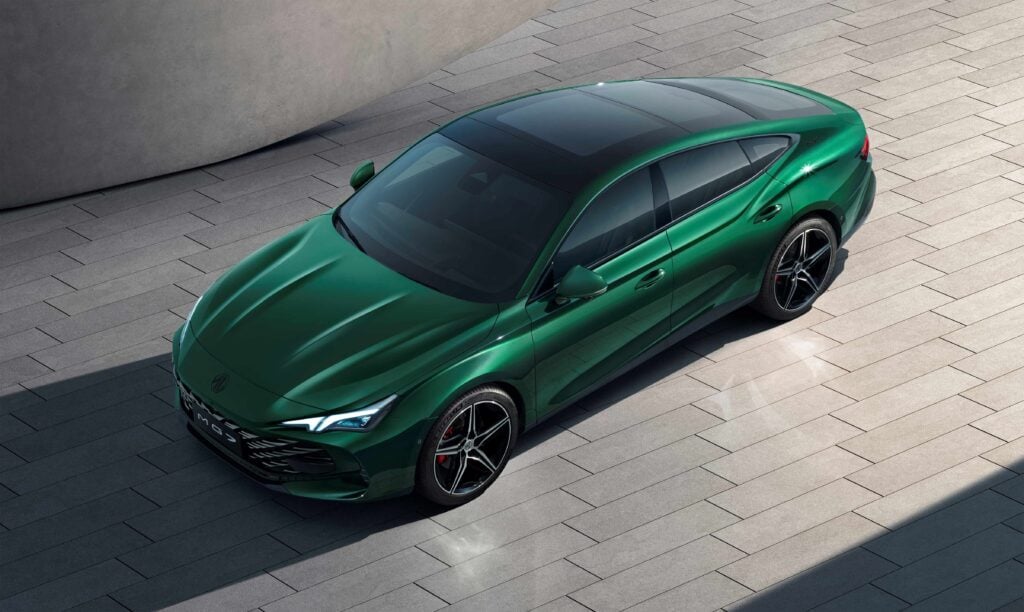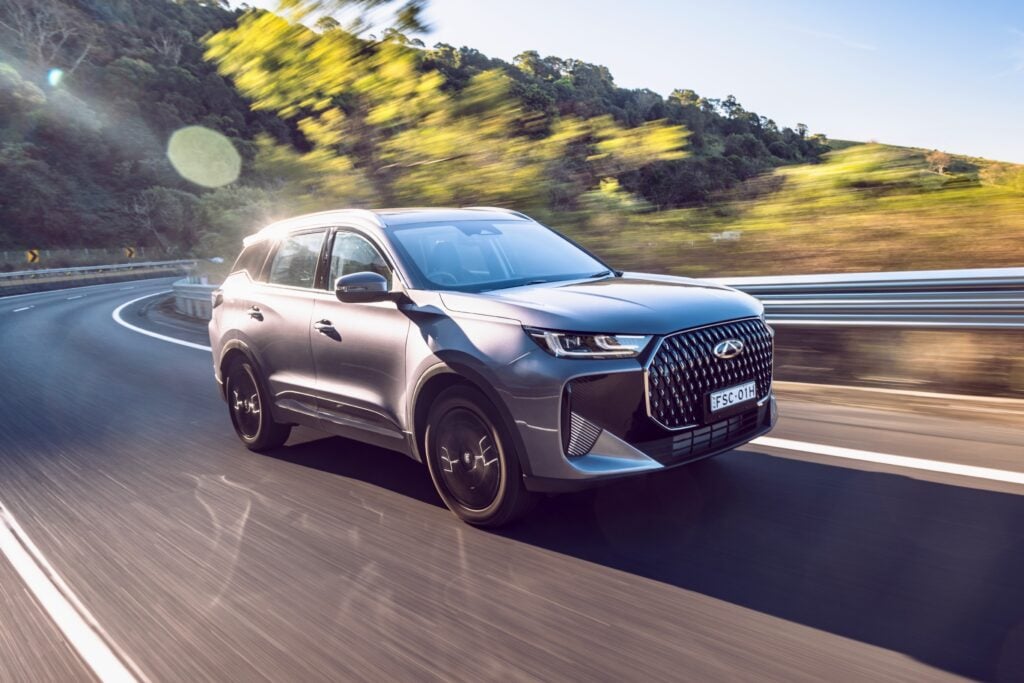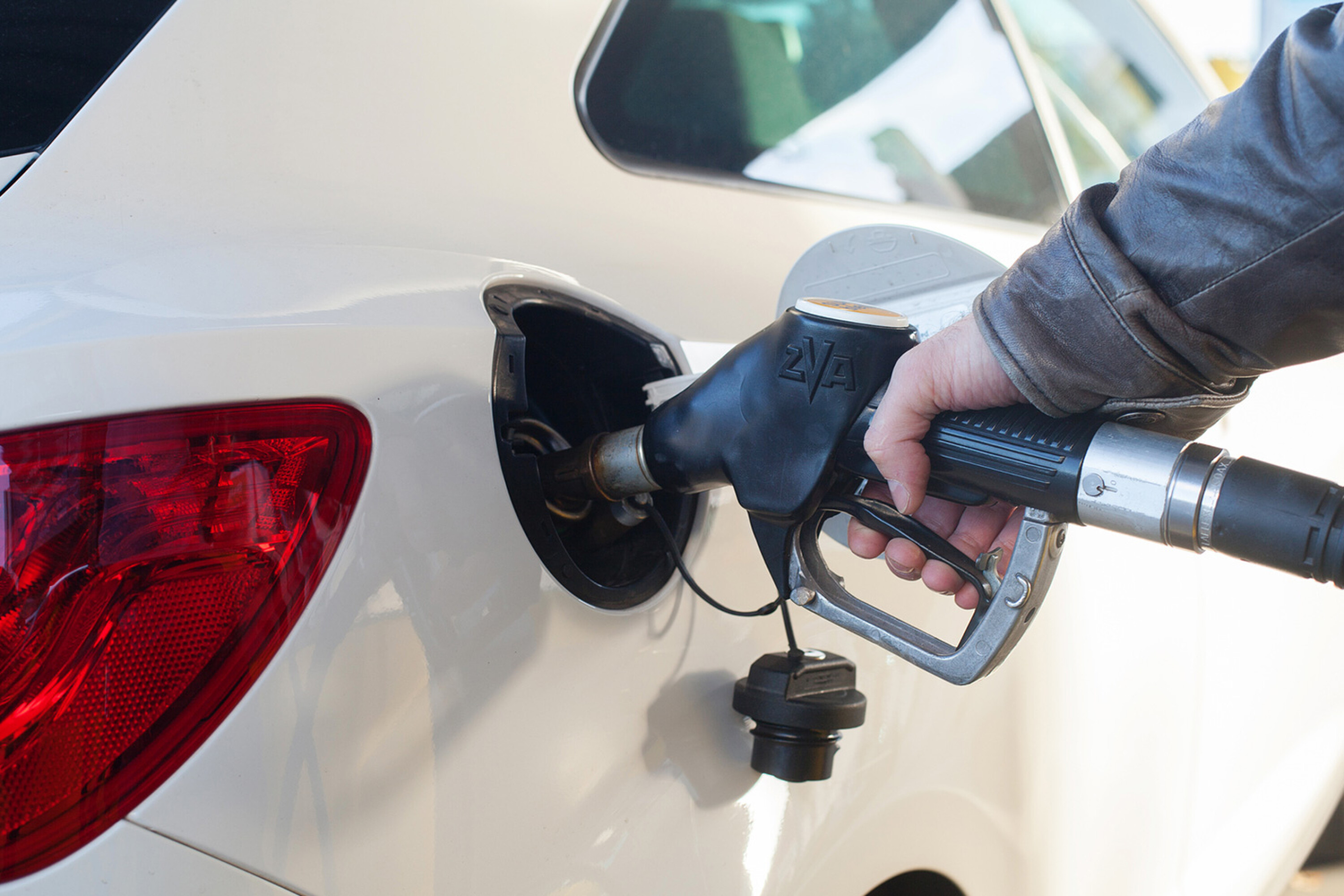
The Australian Government has today committed to introducing fuel efficiency standards to boost the supply and choice of electric vehicles as part of its National Electric Vehicle Strategy.
Snapshot
- Federal government commits to fuel-efficiency standard
- Finalising details in u201ccoming monthsu201d, possible introduction before 2023 end
- A number of vehicle types will be excluded
- Industry groups welcome mandate to grow the local EV market
We’re not there yet, however. Despite releasing a public consultation paper last year, Canberra says it still needs to work with “industry and the community to finalise details in coming months”.
While the Commonwealth legislation is designed to accelerate EV adoption in Australia with more models and lower price tags, it will only apply to light vehicles (i.e. excludes heavy vehicles, law enforcement and emergency services vehicles, agricultural equipment and motorcycles).
Note
The fuel-efficiency standard will mandate a set carbon emissions (CO2) per kilometre exhaust target for the average of all new vehicles sold by each car manufacturer, otherwise financial penalties will apply. The links below show how this compares with rules in other markets.
The Albanese government’s latest consultation paper claims it will:
“…protect the continued sale of vehicles Australians love, including utes and 4-wheel drives … provide good incentives for suppliers to provide more efficient internal combustion engine technology, including hybrids, and bring popular and more affordable [zero-emission vehicles] … to reduce the average emissions of new vehicle sales.”
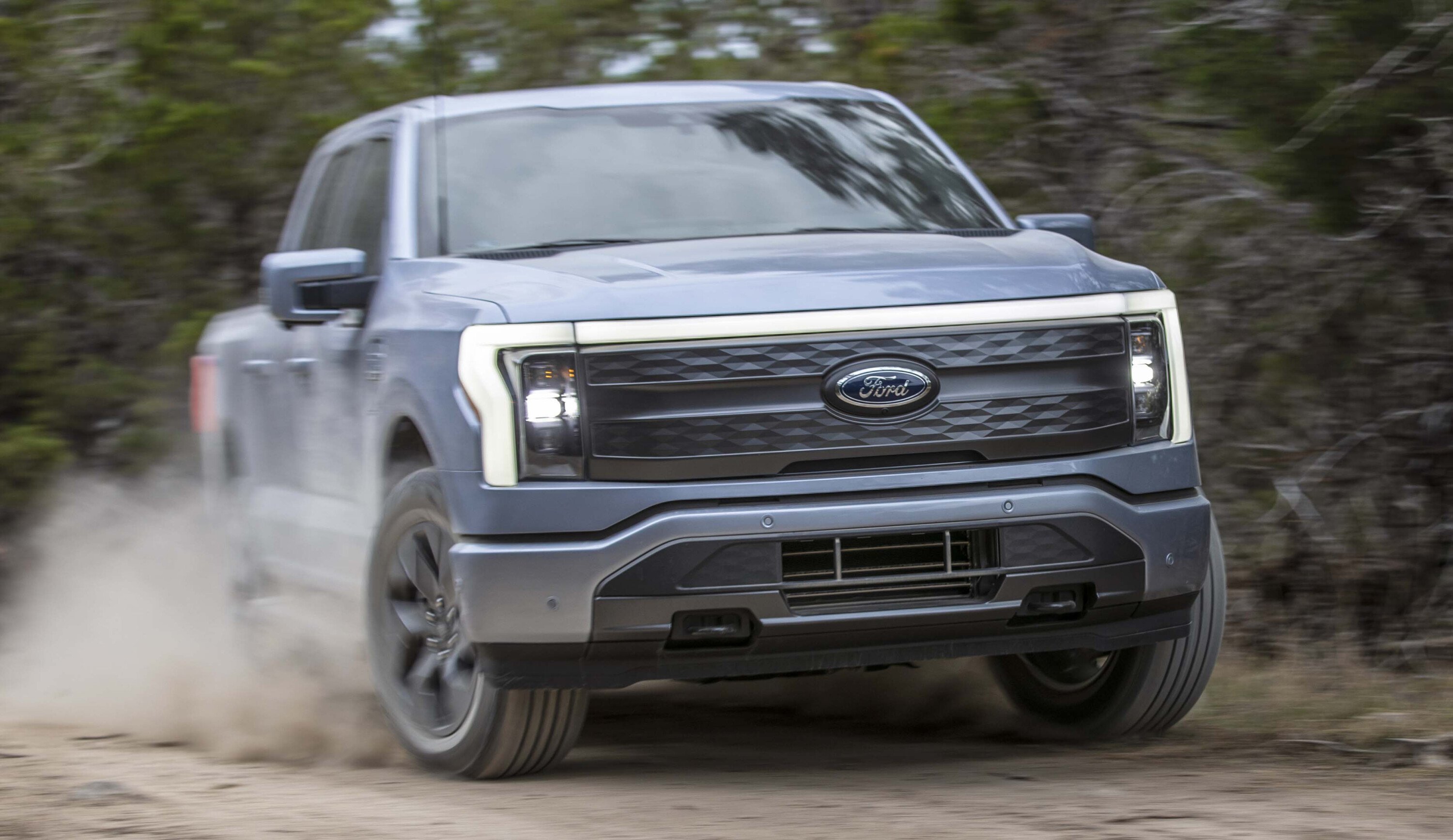
Federal minister for infrastructure, transport, regional development and local government, Catherine King, said the government would introduce standards that ‘work for Australia’s market’.
“This strategy offers an historic opportunity to develop fuel efficiency standards that learn from international best practice, while recognising the unique needs of Australians,” King said.
“It will send a strong message to the global car industry that when it comes to transport technology, Australia will no longer settle for less.”
The federal government has also opened a feedback consultation form [↗], which closes by May 31.
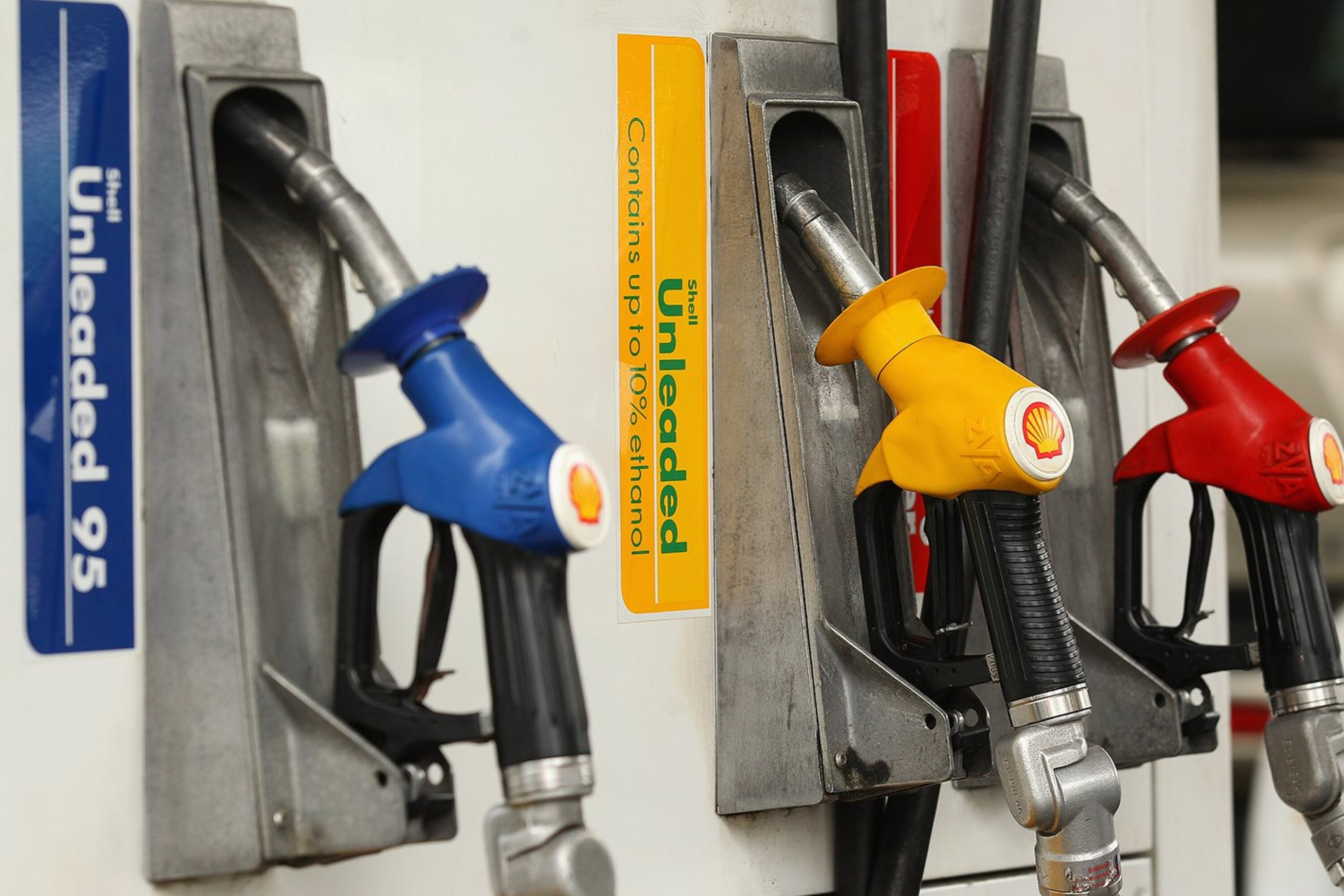
AADA: ‘Don’t go too hard too fast’
The Australian Automotive Dealer Association (AADA), which is the peak body representing franchise new car dealers, welcomed the commitment to a fuel-efficiency standard.
But, AADA CEO James Voortman warned the government to not be overly ambitious.
“The automotive industry is in fierce agreement that we need such a standard, but the detail that emerges out of the consultation will be critical. If we go too hard too fast, we risk undermining vehicle affordability and choice,” Voortman said.
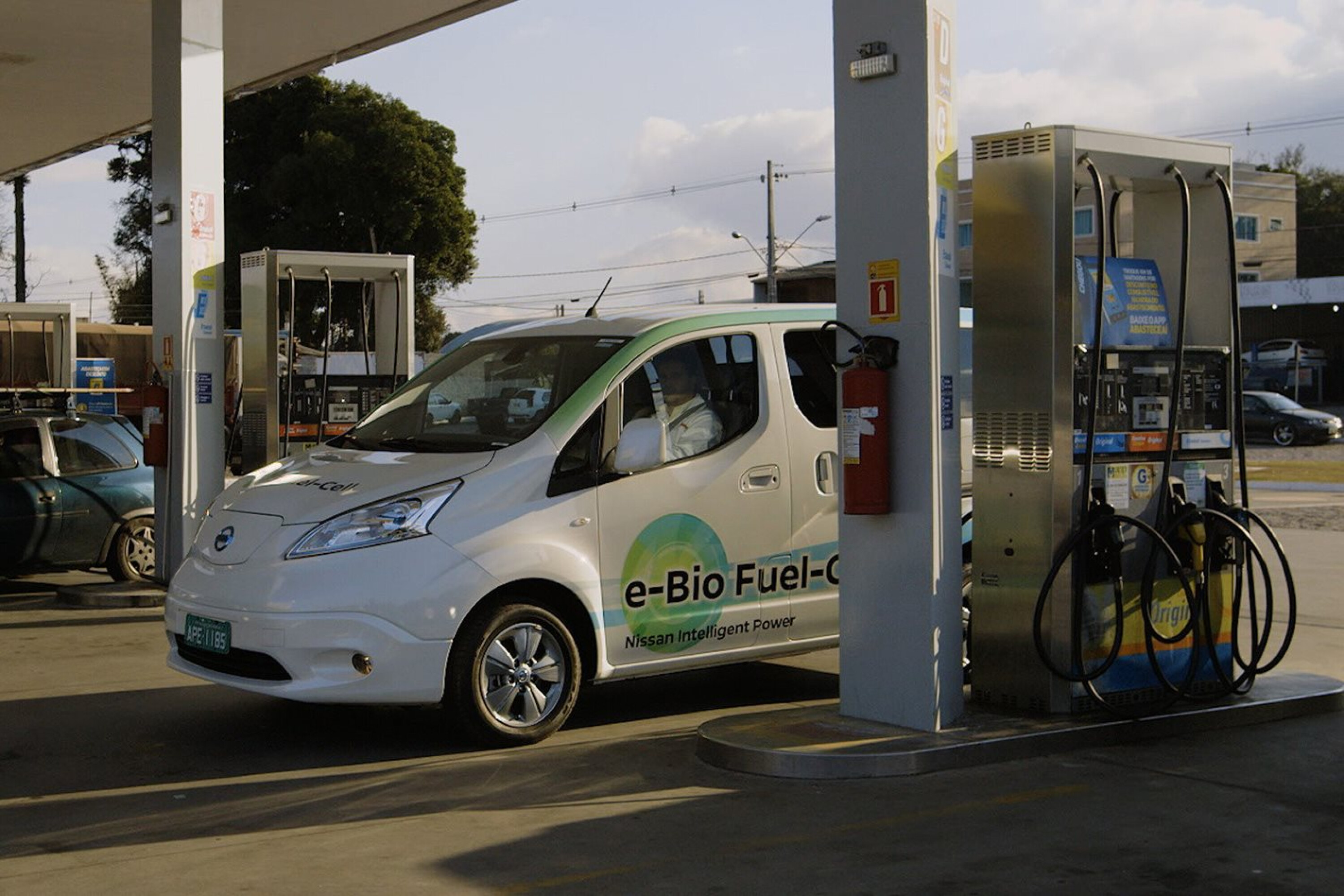
“We need a policy tailored for Australia’s unique circumstances as a small, right-hand drive vehicle, full import market… The standard also needs to be considered alongside other EV policy initiatives [such as purchasing incentives].
“The AADA are keen to work with the Federal Government and other participants in the automotive supply chain to ensure the fuel efficiency standard is ambitious, but achievable, allowing Australians to access state of the art fuel-efficient vehicles, without reducing vehicle affordability or choice.”
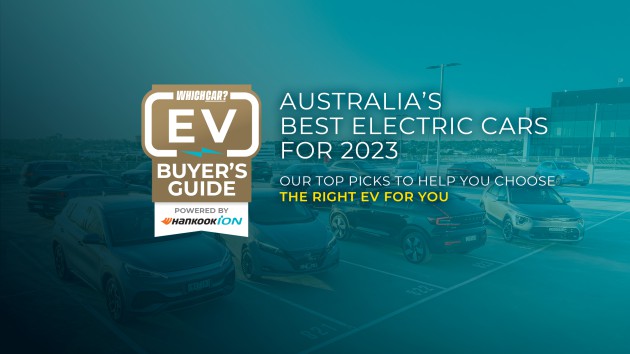
Australia’s best electric cars for 2023
We’ve tested nearly every EV below six figures in Australia to rank the best on sale today
Solar Citizens: “We’ve become a dumping ground for crappy, inefficient vehicles”
However, clean transport campaigner, Ajaya Haikerwal, from the environmental advocacy group Solar Citizens, said it’s vital the fuel-efficiency standard is ambitious – since Australia already lags behind other countries with the mandate.
“Australia is already at the back of the global queue when it comes to access to electric vehicles – we’ve become a dumping ground for crappy, inefficient vehicles that aren’t accepted in other countries,” Haikerwal said.
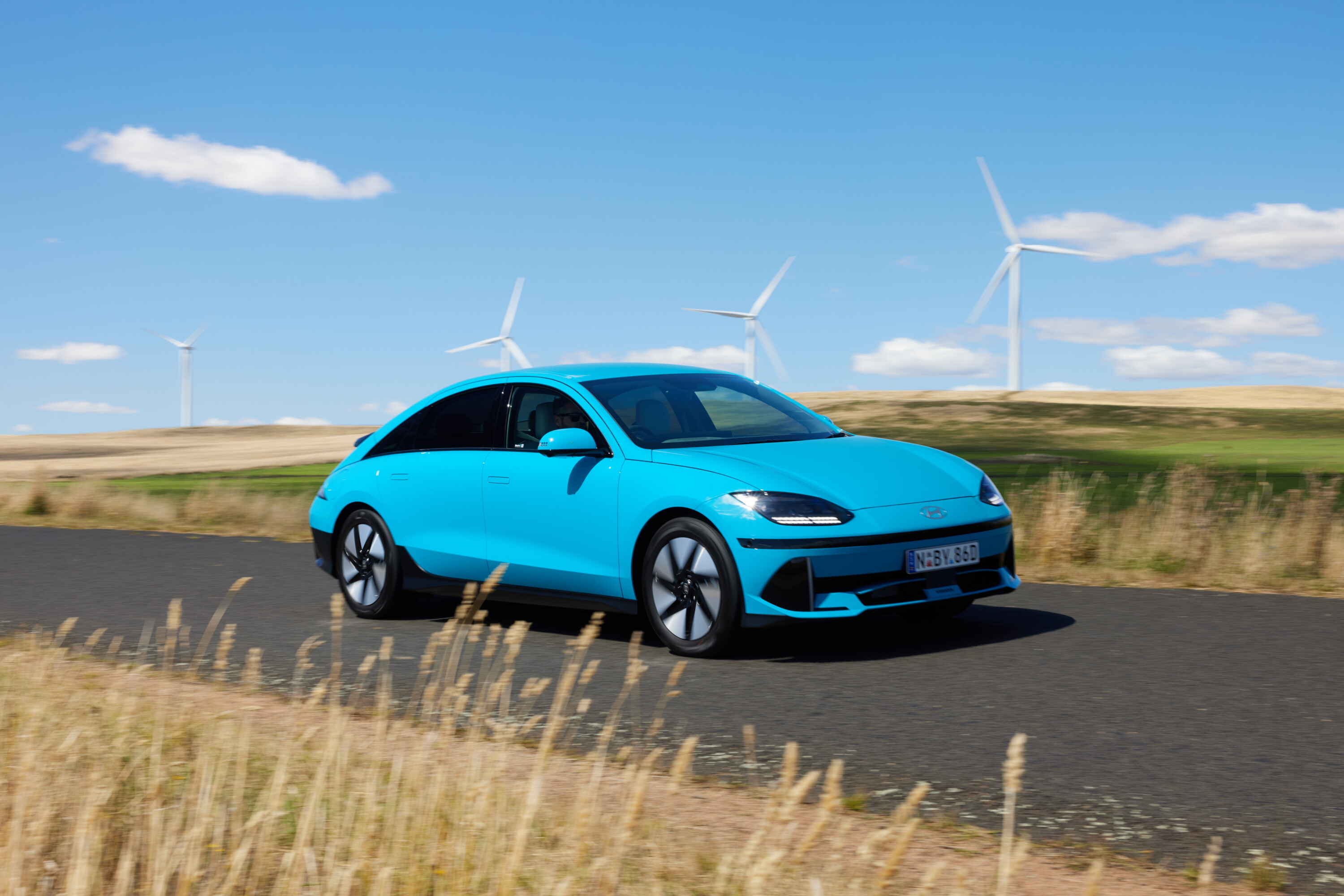
“What we’ve needed for a long time is a world-class standard that is at least as ambitious as Europe or New Zealand, without loopholes or dodgy super credits that create perverse climate outcomes, and that give all Australians a fair go and reduce spending on petrol. It’s an easy rule change with a minimal cost to the Government.”
The organisation published a report last week highlighting that regional Australians would most benefit from the EV switch since they typically own a vehicle and drive longer distances.
Therefore, regional drivers are hardest hit with the rising cost of fuel – even though the driving range capabilities of EV models and patchy public charging infrastructure today means it doesn’t suit everyone (for now).
Solar Citizens also urged the government to reduce the average emissions target at a faster rate every year to achieve zero-emissions by 2035, with watchdogs to ensure any penalties aren’t passed onto consumers and regular enforcement reviews every two years.
Why is an emissions standard needed?
The transportation sector is the third-largest emitter of greenhouse gas emissions in Australia.
The Bureau of Infrastructure, Transport and Regional Economics estimates that new vehicles sold in Australia in 2021 have a CO2 intensity of around 174g of CO2 per kilometre.
By contrast, 29 European countries averaged 115g of CO2/km and in the US 169g of CO2/km in 2022, according to the National Transport Commission.
Along with Russia, Australia remains one of the last developed countries globally to not adopt a fuel-efficiency standard, which has had the effect of disadvantaging local EV uptake.
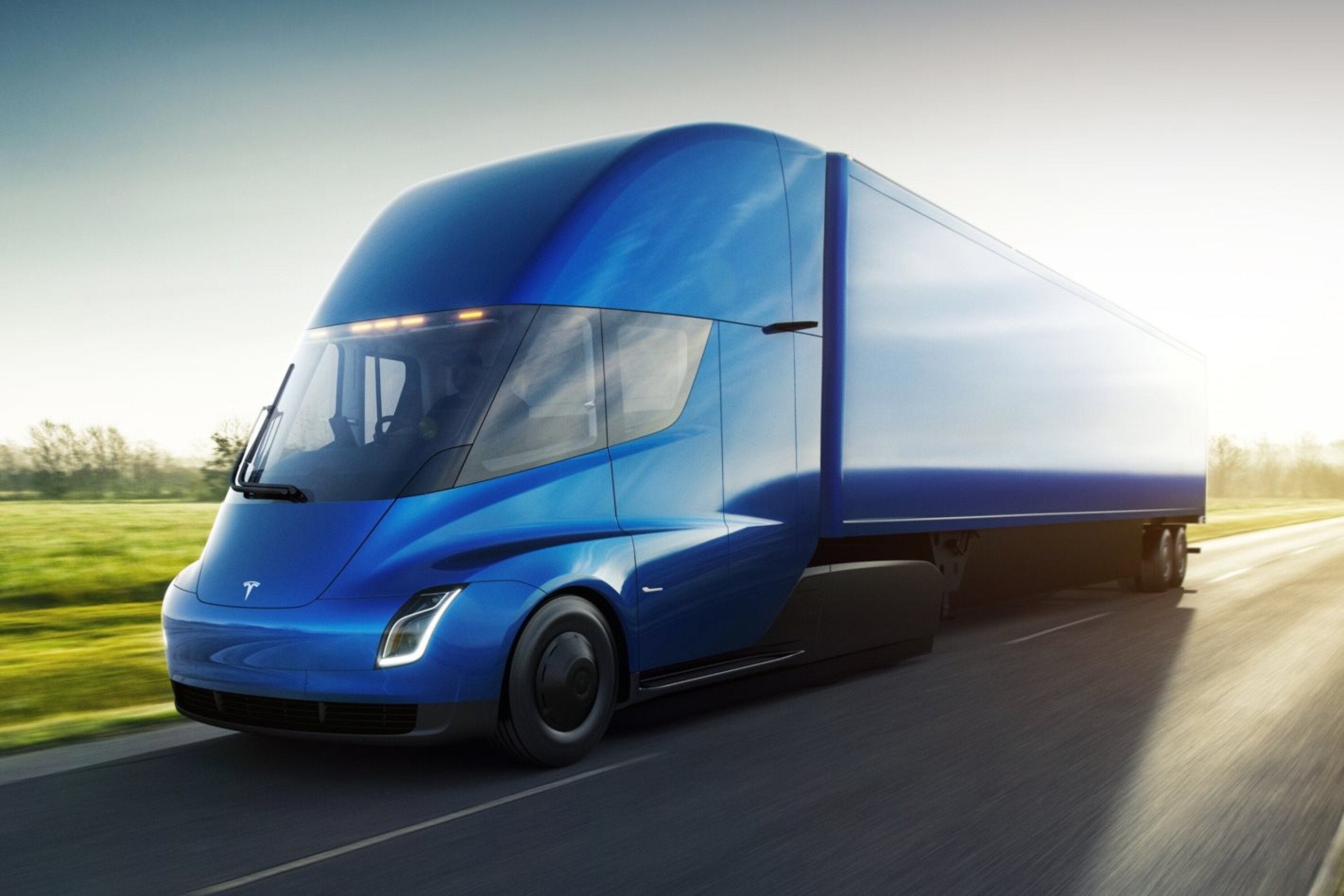
This has resulted in car manufacturers prioritising other markets to bring more supply and sell more low- or zero-emission vehicles, where there are hefty financial penalties for not meeting low average emissions thresholds.
Models such as the Kia EV6, Hyundai Ioniq 5 and Volvo XC40 Recharge remain limited in supply – more than a year after their releases – and the Volkswagen Group, Toyota, Peugeot, Fiat, and Renault are only starting to bring their electric cars years out from their launches overseas.
Currently, the Australian car market can only be impacted by the flow-on effects from global mandates, with Euro 7 set to be enforced in Europe from mid-2025. And Thailand, our biggest source of utes, aims to have 50 per cent of its vehicle production focused on electric vehicles by 2030.
⚡ More EV stories to help you choose the best car for your needs
We recommend
-
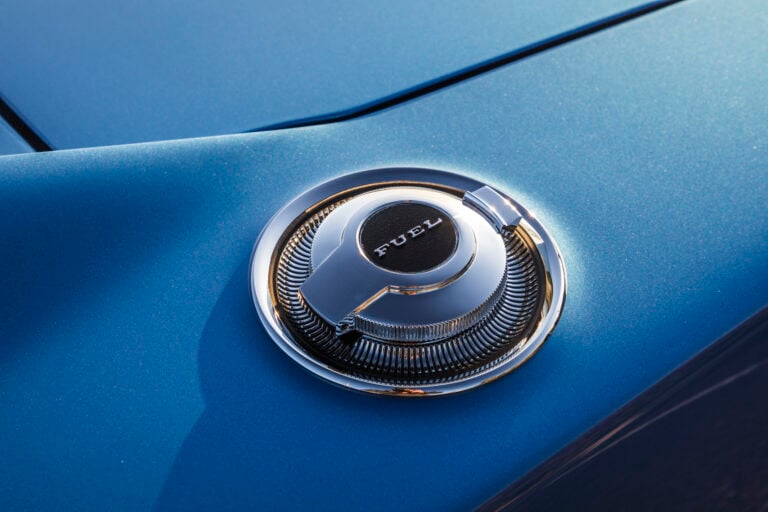 News
NewsOpen letter urges Australian Government to further prevent new fossil fuel projects
The open letter, signed by more than fifty environmental and climate organisations, was circulated in various national newspapers and is open to the public
-
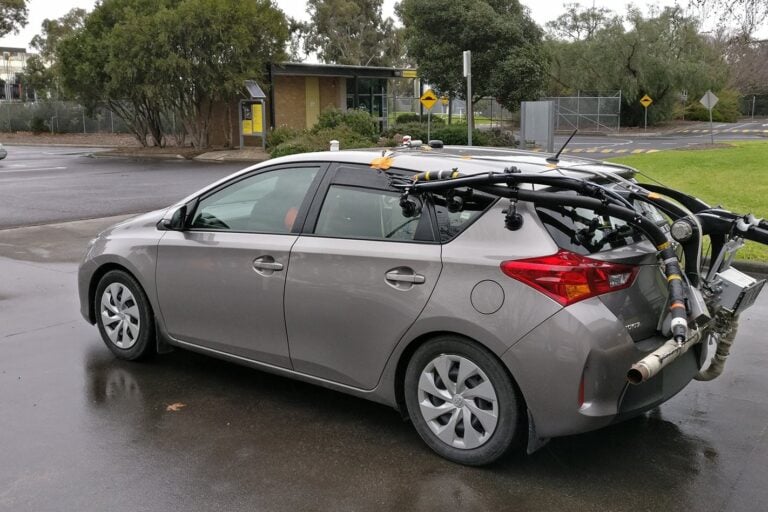 News
NewsFederal Government to fund real-world fuel testing program for Australia’s most popular vehicles
The Federal Government will provide $14 million to the Australian Automobile Association to facilitate the real-world testing
-
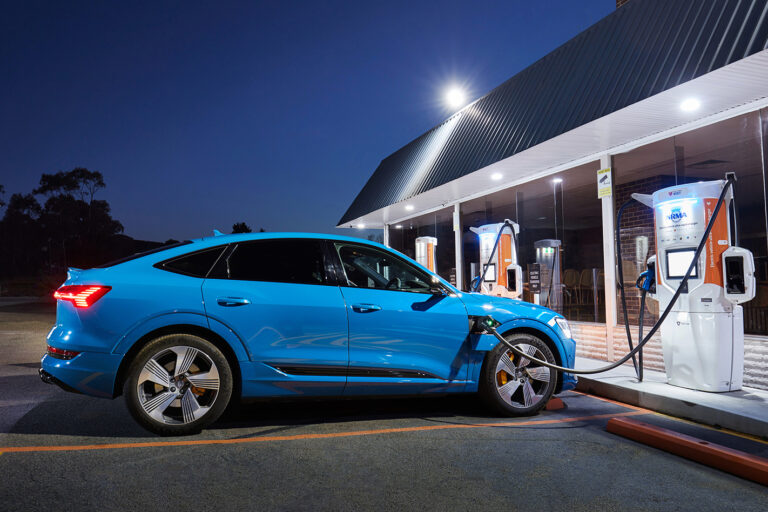 News
NewsEnergy companies awarded $25m to develop EV fast charging network
Five companies to expand charging stations across Australia


